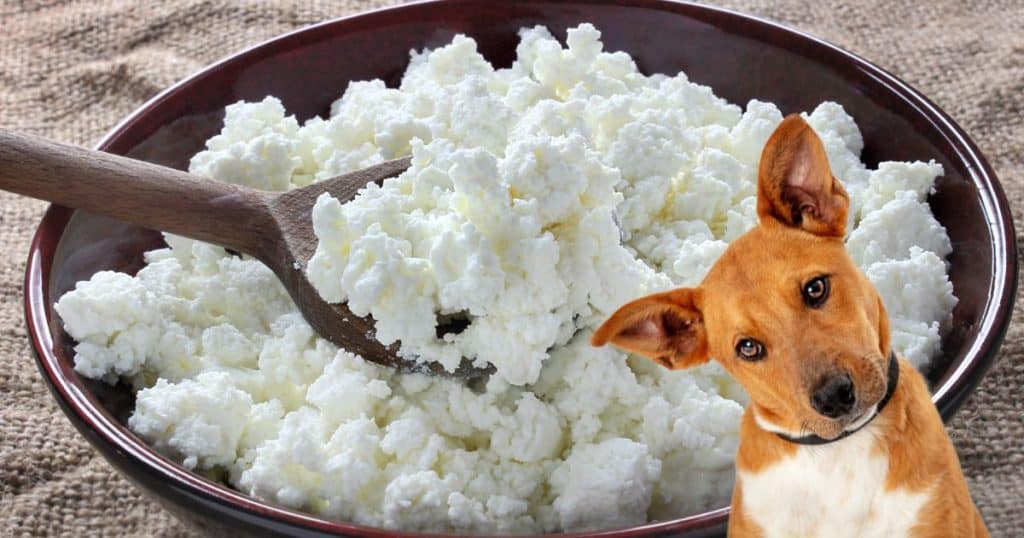What to Know
As pet owners, we want to provide our furry friends with the best possible care, including their diet. While dogs are known to enjoy a variety of human foods, not all foods are safe for them to eat. One food that many dog owners wonder about is American cheese. Can dogs eat American cheese? In this article, we’ll explore the benefits and risks of feeding American cheese to your dog.
American cheese is a popular cheese product that many people enjoy on sandwiches, burgers, and other dishes. While it’s not considered toxic to dogs, it’s important to note that not all types of cheese are safe for dogs to eat.
Some cheeses, such as blue cheese and feta cheese, can be dangerous for dogs due to their high-fat content and potential for bacterial contamination.
So, is American cheese safe for dogs to eat? Let’s find out.
In this article, we’ll examine the nutritional content of American cheese and how it can impact your dog’s health. We’ll also discuss the potential benefits and risks of feeding your dog American cheese, as well as the recommended serving size. By the end of this article, you’ll have a better understanding of whether or not American cheese is a safe and healthy treat for your furry friend.
What is American Cheese?

American cheese is a processed cheese product that is commonly used in cooking and as a topping for burgers and sandwiches. It is made from a blend of milk, whey, and cheese culture, along with additional ingredients such as emulsifiers, salt, and food coloring.
American cheese is known for its smooth, creamy texture and mild flavor, which makes it a popular choice for sandwiches and snacks. However, it is important to note that American cheese is not a natural cheese, but rather a processed cheese product that has been heavily modified and may contain additives and preservatives.
One of the main concerns with American cheese is its high sodium content. In fact, a single slice of American cheese can contain up to 400 milligrams of sodium, which can be problematic for dogs with certain health conditions such as hypertension or heart disease.
Additionally, American cheese may contain lactose, which can be difficult for some dogs to digest. Dogs that are lactose intolerant may experience gastrointestinal upset such as diarrhea, vomiting, or gas if they consume too much cheese or other dairy products.
Can Dogs Eat American Cheese?

Benefits of American Cheese for Dogs
While cheese, in general, is not considered toxic to dogs, American cheese can be a good source of protein and vitamin D for your furry friend. In moderation, American cheese can also be used as a tasty treat or training tool for your dog.
One benefit of American cheese is that it is easy to find in most grocery stores and is usually affordable. It can also add some variety to your dog’s diet and can be a good way to sneak in some medication if your dog is a picky eater.
Risks of Feeding American Cheese to Dogs
While American cheese can have some benefits for dogs, it is important to keep in mind that it is also high in fat and sodium, which can lead to health issues such as obesity, pancreatitis, and high blood pressure.
Additionally, some American cheese products contain additives like whey, emulsifiers, and fats, which can be harmful to your dog’s health if consumed in large quantities. It is also important to note that some dogs may have lactose intolerance, which can cause digestive issues if they consume too much cheese.
If you do decide to feed your dog American cheese, it is important to do so in moderation and to monitor their reaction to it. Make sure to read the label carefully to avoid any harmful additives and to choose a low-fat, low-sodium option if possible.
Alternatives to American Cheese for Dogs

While American cheese can be given to dogs in moderation, it may not be the best option. Here are some alternatives to consider:
- Cottage cheese: This cheese is low in lactose and high in protein, making it a great alternative to American cheese. It’s also a good source of calcium, which is essential for strong bones.
- Swiss cheese: This cheese is low in sodium and has a mild flavor that most dogs enjoy. It’s also a good source of protein and calcium.
- Cheddar cheese: This cheese is high in protein and calcium, but it should be given in moderation due to its high fat content.
- Mozzarella cheese: This cheese is low in lactose and fat, making it a good option for dogs with sensitive stomachs. It’s also a good source of protein and calcium.
When giving your dog cheese, it’s important to remember that it should be given in moderation. Too much cheese can lead to digestive issues and obesity.
It’s also important to choose a cheese that is low in fat and sodium, as well as free from any added ingredients that can be harmful to your dog.
Aside from cheese, there are other human foods that can be given to dogs as a treat. Some good options include:
- Carrots
- Green beans
- Apples (without the seeds)
- Peanut butter (without xylitol)
- Plain popcorn (without salt or butter)
Always be sure to check with your veterinarian before giving your dog any new foods. They can help you determine the best diet for your dog’s specific needs and ensure that they are getting all the nutrients they need to stay healthy.
Conclusion
While American cheese is generally considered safe for dogs to eat in moderation, it is important to remember that cheese is high in fat and can lead to weight gain if fed too often. Additionally, some dogs may be lactose intolerant, causing discomfort, diarrhea, or vomiting.
It is always best to introduce any new food to your dog in small quantities to see how their body reacts. If you notice any adverse reactions, such as vomiting or diarrhea, stop feeding them the cheese and consult with your veterinarian.
Overall, while American cheese can be an occasional treat for your furry friend, it should not be a regular part of their diet. Instead, consider healthier options such as lean meats or vegetables that are safe for dogs to eat.
Related Articles:

